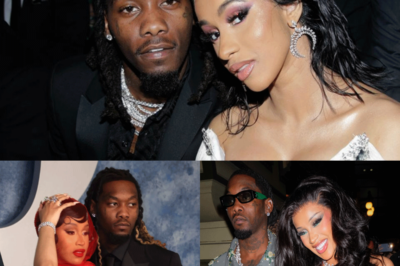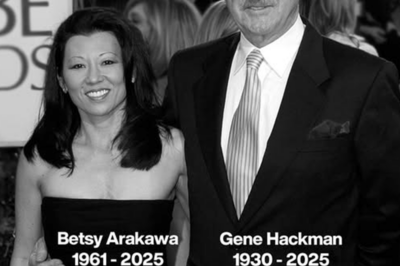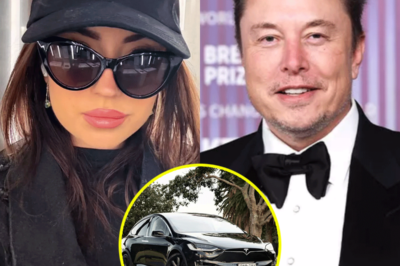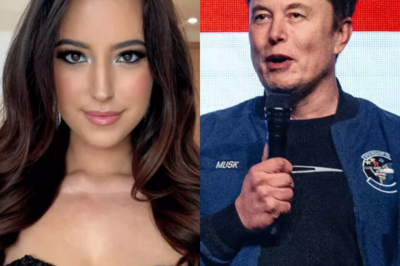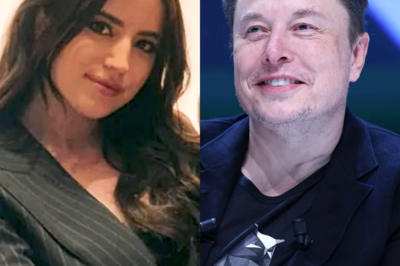Elon Musk has always been a man of paradoxes—an architect of the future who is equally feared and revered, a technological revolutionary whose ambitions stretch beyond the stars, and a figure whose every move ignites both admiration and controversy.
And now, in 2025, in a move that has left both his supporters and critics in stunned contemplation, Musk has made a staggering $10 million donation to OpenAI.
This act, though seemingly a continuation of his long-standing commitment to artificial intelligence, carries with it an air of contradiction, complexity, and—perhaps most importantly—a renewed urgency for the safe and ethical development of AI.
For years, Musk has warned of the dangers lurking within the rapid advancement of artificial intelligence. He has likened AI to an unchecked force, one capable of surpassing human intelligence and, if left uncontrolled, potentially spelling doom for civilization itself.
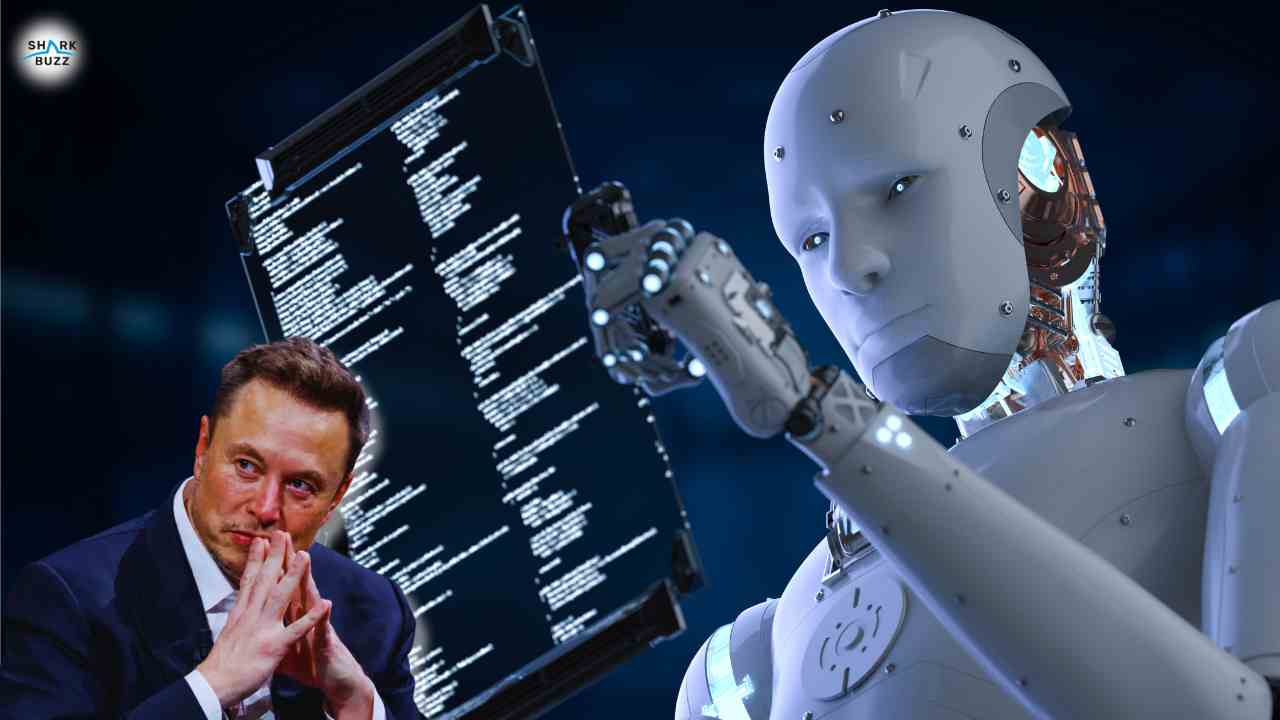
His cautionary words have been prophetic, as the world now finds itself grappling with the accelerating presence of AI in every facet of daily life—from the way we work to the way we communicate, and even to the decisions that govern our very existence.
But now, instead of merely voicing his concerns from the sidelines, Musk has chosen to invest in the very thing he has long feared, channeling millions into an organization whose mission is to ensure that AI does not become the existential threat he has so often warned against.
The irony of this move is impossible to ignore. OpenAI, once a project that Musk himself helped launch before distancing himself from it, is now the recipient of his financial backing once more.
Years ago, disagreements over the organization’s direction led Musk to part ways, claiming that OpenAI had veered into dangerous territory by pursuing ever-powerful AI without sufficient safeguards.
Yet today, his return as a benefactor signals something deeper—an acknowledgment that, despite his concerns, he cannot afford to remain an outsider in a race that is shaping the fate of humanity.
The timing of this donation is significant. As AI systems grow increasingly complex and autonomous, the need for safety measures has never been greater.
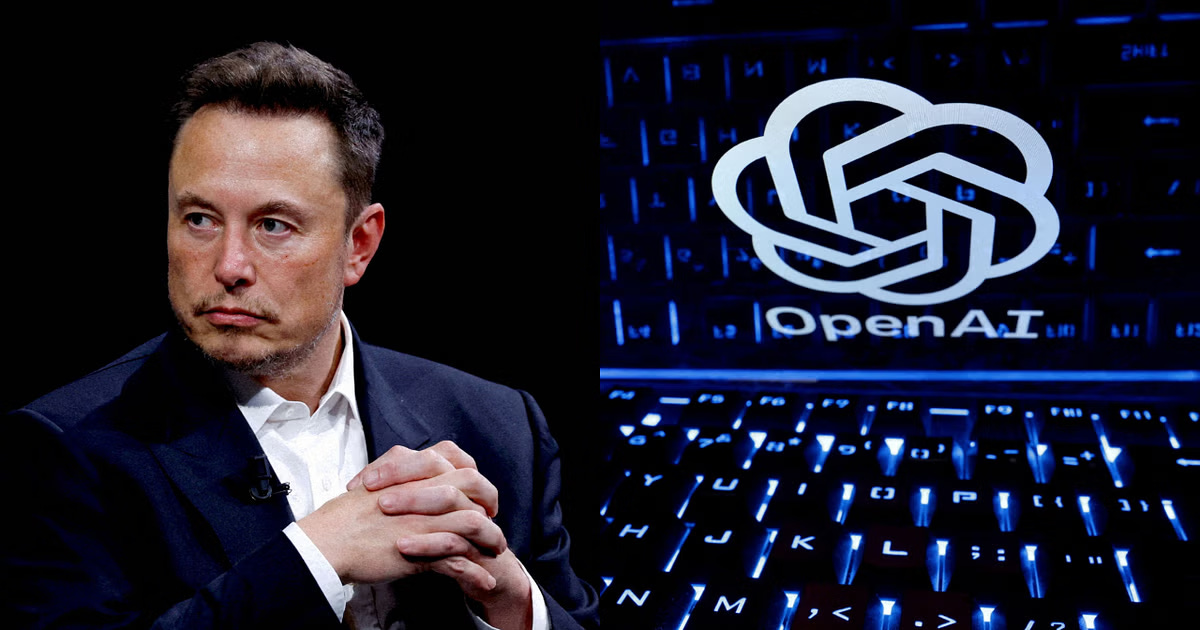
Deepfakes blur the lines between reality and fiction, AI-generated decisions influence everything from hiring to law enforcement, and the very fabric of truth is being rewritten by algorithms that shape public perception.
The unchecked expansion of AI has left many questioning whether its creators truly understand the forces they have unleashed. With Musk’s $10 million infusion, OpenAI is being armed with the resources to push forward in a way that is not just innovative, but responsible.
But will this be enough? Will a financial boost of this magnitude ensure that AI remains transparent, controllable, and aligned with human values? Or is it merely a temporary buffer in an arms race that has already spiraled beyond control?
The answer lies in what OpenAI chooses to do with this funding—whether it strengthens the ethical frameworks guiding AI, or whether it inadvertently fuels the very ambitions that Musk once feared.
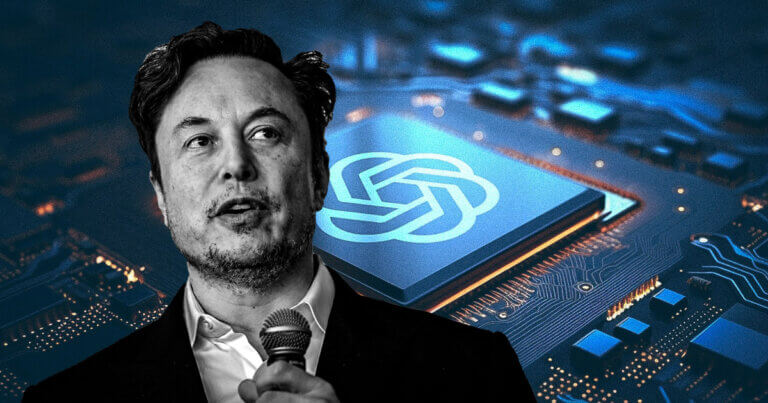
Some see this donation as a redemptive arc in Musk’s relationship with AI, a sign that he is willing to take direct action rather than merely issue warnings. Others, however, remain skeptical. Is this truly an act of faith in OpenAI’s mission, or is it an attempt to regain influence in a field that continues to evolve without him? Could it be a strategic maneuver to steer AI development in a direction that aligns with his own vision for the future?
Regardless of the motives behind it, the implications of this donation are monumental. Musk’s involvement, even as a silent benefactor, places him once again at the epicenter of AI’s evolution. His fears, once dismissed as alarmist, are now echoed by policymakers and researchers alike.
His vision, which once seemed like the musings of a sci-fi dreamer, is now shaping real-world conversations about AI governance. And now, his money is fueling the very battleground where the fate of artificial intelligence—and by extension, humanity—will be decided.
The world is watching. Will this be the moment where AI is truly guided toward safety and ethics, or is this merely another chapter in an ongoing saga where control over artificial intelligence remains as elusive as ever? Only time will tell. But one thing is certain: with Musk’s hand back in the game, the stakes have never been higher.
News
How David Beckham and Victoria Beckham’s Marriage Survived and Thrived After Scandal
David Beckham and Victoria Beckham, parents of four and married for 25 years, became #goals after cheating allegations threatened to…
Cardi B Alleges Ex Offset Threatened and Harassed Her Amid Divorce
Cardi B alleged that her estranged husband Offset has been harassing her and sending her threatening messages over the past…
Gene Hackman’s Publicist Details His Private Final Years With Betsy Arakawa
Gene Hackman’s publicist Susan Madore shared insight into his and Betsy Arakawa’s private life in New Mexico in the years…
Ashley St. Clair Sells Her Tesla After Claiming Elon Musk Reduced Child Support for Their Son
In February, the influencer, 26, filed a petition for sole custody of her child with the SpaceX CEO, 53 Ashley…
Elon Musk Claims He’s Given Ashley St. Clair $2.5M in Child Support Despite ‘Not Knowing for Sure’ If He’s the Father
The Tesla founder has 14 children from four women Elon Musk; Ashley St. Clair. Photo: SAUL LOEB/AFP via Getty; Ashley St….
Ashley St. Clair Calls Out Elon Musk, Claims He ‘Withdrew’ Most of His Child Support to ‘Maintain Control and Punish’ Her
The influencer also claimed that the Tesla CEO “refused” to get a paternity test Ashley St. Clair and Elon Musk. Photo:…
End of content
No more pages to load


